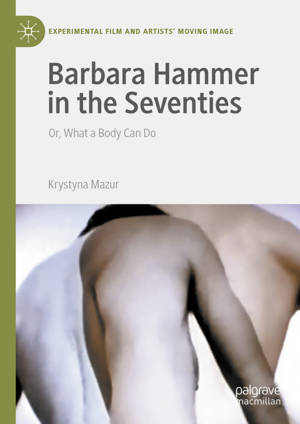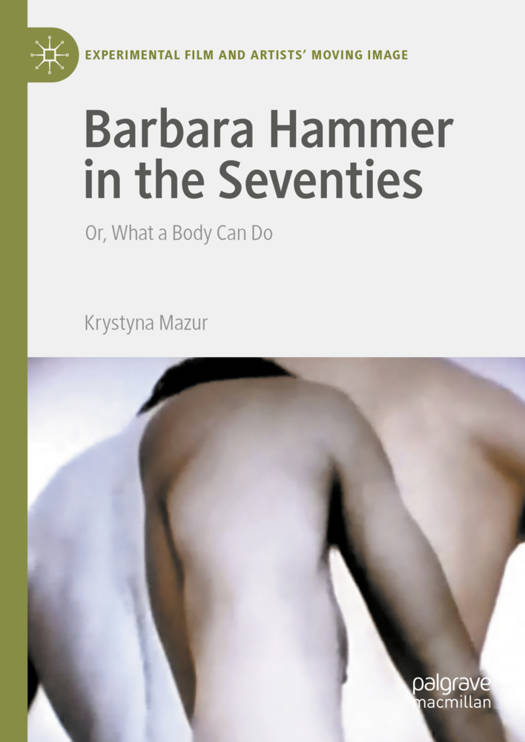
- Afhalen na 1 uur in een winkel met voorraad
- Gratis thuislevering in België vanaf € 30
- Ruim aanbod met 7 miljoen producten
- Afhalen na 1 uur in een winkel met voorraad
- Gratis thuislevering in België vanaf € 30
- Ruim aanbod met 7 miljoen producten
Omschrijving
Barbara Hammer in the Seventies: Or, What a Body Can Do addresses the intersection of experimental film, lesbian sexuality, and the women's movement in Hammer's early films. Grounded in an embodied, sexual, and gendered positionality, these films interrogate the politics of visibility and identity and perform a discontinuous repertoire of lesbian images that resist the medium of film's established constraints and the decade's broader systems of signification.
Hammer's films offer a critique of the dominant discourse that privileges the discreteness and self-sufficiency of the individualistic human subject. By performing the (lesbian) body in its 'environment'--in erotic and communal relation to other bodies--and staging the relation of human bodies with the materiality of non-human beings and objects, they create a site of intervention into the humanist project, as it informs film studies, feminism, and queer theory.
This rereading of Hammer's work offers an important contribution to conversations between feminism and queer studies. In remembering the feminist origins of queer studies, it recenters political and ethical questions such as the fundamental relationality of the subject, the subject's dependency on others, and the resulting ethical responsibility for and towards the other.
Specificaties
Betrokkenen
- Auteur(s):
- Uitgeverij:
Inhoud
- Aantal bladzijden:
- 360
- Taal:
- Engels
- Reeks:
Eigenschappen
- Productcode (EAN):
- 9783031596940
- Verschijningsdatum:
- 14/01/2025
- Uitvoering:
- Hardcover
- Formaat:
- Genaaid
- Afmetingen:
- 158 mm x 211 mm
- Gewicht:
- 585 g

Alleen bij Standaard Boekhandel
Beoordelingen
We publiceren alleen reviews die voldoen aan de voorwaarden voor reviews. Bekijk onze voorwaarden voor reviews.











